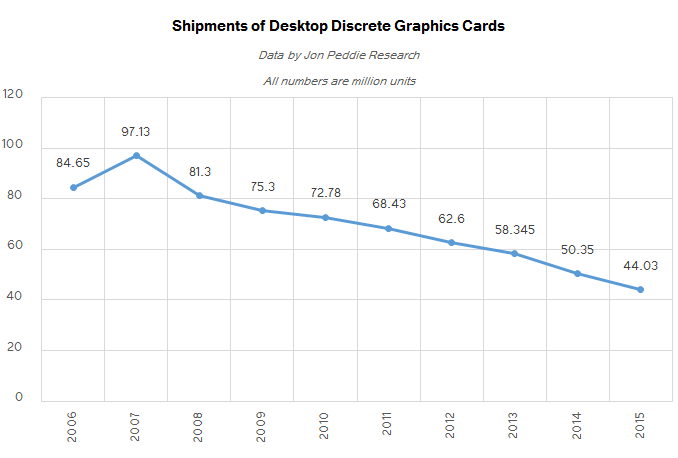G200 alive and kicking in thousands of servers purchasable today. Matrox is doing ok.
Yeah that's why I thought of them. They have kept their toe in the water all these years. I bet they could still come up with something new. Whatever they did, it would be interesting.
![[H]ard|Forum](/styles/hardforum/xenforo/logo_dark.png)


